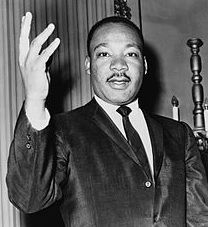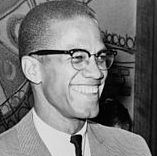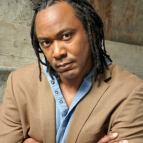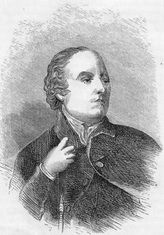Martin Luther King’s "I have a Dream" speech marked the hundredth anniversary of Abraham Lincoln’s Emancipation Proclamation which became law on 1 January 1963. The president wrote:
I do order and declare that all persons held as slaves [within the US] are, and henceforward shall be free; and that the Executive government of the United States, including the military and naval authorities thereof, will recognize and maintain the freedom of said persons.
King’s assessment of progress thereafter was stark: "One hundred years later, the life of the Negro is still sadly crippled by the manacles of segregation and the chains of discrimination…It is obvious today that America has defaulted on this promissory note insofar as her citizens of colour are concerned".
His answer was not to take one’s rights by force, which some (eg Malcolm X - right) would have justified with the not unfair argument that freedom is taken, not gifted. King emphasized that freedom exists only when everyone is free: not just little black children and little white children but Catholics and Protestants and Jews and Gentiles.I think King was saying is that there must be an end to exceptionalism, the concept that one part of society stands elevated over others and is justified in using all means necessary to preserve that elevation. The context of "I have a Dream" was white exceptionalism (or supremacy). Now the West faces waves of Jihad based on fundamentalist Islamic exceptionalism and, as the exclusion of Pamela Geller and Robert Spencer from the UK shows, the Establishment will not even tolerate reference to the issue.
What will such denial of freedom produce for our generation: a Martin Luther King, or a Malcolm X?
Gerry Dorrian
300 words
Resources
"I have a Dream" speech on Youtube:
Full text of "I have a Dream" speech - BBC
Obama on Martin Luther King anniversary: the full speech
Text of the Emancipation Proclamation of 1863 - US Government Archives
Letter banning Pamela Geller from UK - Atlas Shrugs
Banning Geller and Spencer from UK will only increase grievance - Index on Censorship









